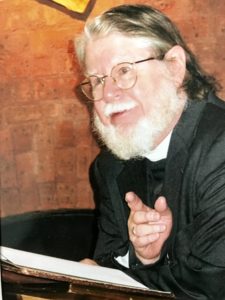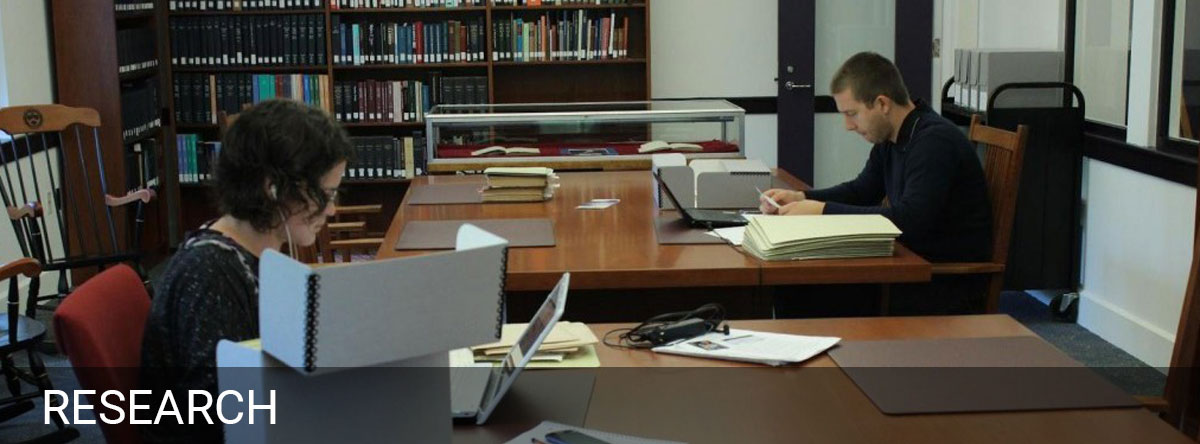
Robert W. Jenson has been called “the greatest American theologian since Jonathan Edwards.” The author of 25 books, hundreds of articles, co-founder of the journals Dialog and Pro Ecclesia, and co-founder of the Center for Catholic and Evangelical Theology, Jenson held positions at Luther College, the University of Oxford, Gettysburg Lutheran Seminary, St. Olaf College, and the Center of Theological Inquiry in Princeton.
This collection consists of personal papers and documents from the life and work of Robert W. Jenson (1930-2017). Included within these papers are personal correspondence between Jenson and other theologians and academics, mainly from the 1960s through 1980s. The collection also includes an extensive holding of Jenson’s typescripts, manuscripts, and works-in-progress for both publication and public presentation, including sermons.
Born in Eau Claire, Wisconsin on August 2, 1930, Jenson received a BA in Classics from Luther College in 1951 and a Bachelor of Theology from Luther Seminary in 1955. In 1954, he married Blanche Rockne, who
would become his greatest theological collaborator. In 1959, he received his Doctor of Theology, summa cum laude, from the University of Heidelberg, in Germany, where his Doktorvater was Peter Brunner and he had the opportunity to study with such philosophical luminaries as Martin Heidegger and Hans-Georg Gadamer.
In 1959, Jenson, along with his wife and their one-year-old daughter, Kari, moved to Basel to study with Karl Barth. There, he would complete his dissertation, Cur Deus Homo, on the theology of Barth, who commented at the time, “You have understood me,” and would later mention the young American who had correctly interpreted his theology. The revised thesis was published in 1963 as Alpha and Omega; two subsequent books, Religion against Itself and God after God, are further discourses on Barth.
Raised a Lutheran, Jenson encountered Anglicanism during his time at Oxford and became involved in ecumenical dialogue between Catholics and Protestants. This focus on ecumenism would continue for the rest of his life. Jenson’s work on the Trinity was also highly influential. According to David Bentley Hart, “theologians of every stripe should praise him for enunciating a Trinitarian theology with whose biblical shape —that is to say, specifically, his reading of scripture as Trinitarian theology throughout —it is impossible to take issue.” Jenson died on September 5, 2017 at his home in Princeton and is buried directly across the street in the memorial garden of Trinity Church (Episcopal).
Jenson’s papers provide insight into his books, lectures, essays, and sermons, as he attempted to think and live, in Barth’s words, “the strange new world of the Bible.”
View the finding aid for the Robert W. Jenson Papers
This collection was inventoried and processed by Ben Van Haitsma & Steven Kang under the direction of Dr. Brian Shetler, Head of Special Collections and Archives.

